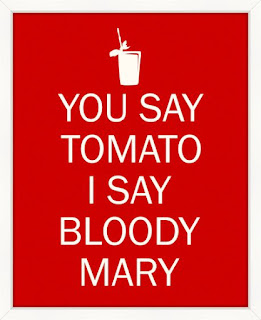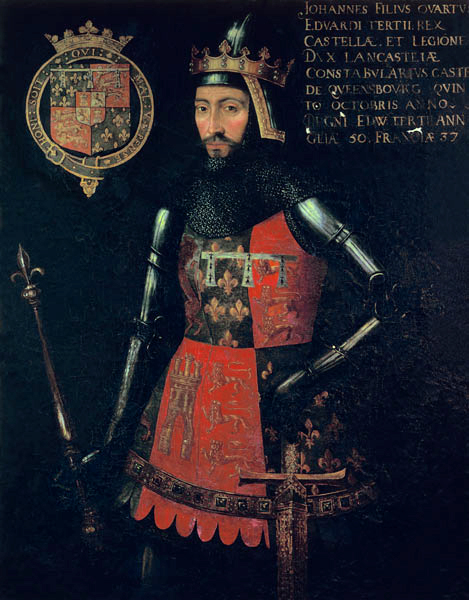I love language and all its oddities, and one of its quirkiest quirks has always fascinated me. (It has also probably frustrated anyone trying to learn English as a second language.)
I'm referring to words with more than one acceptable pronunciation. I can't think of a huge number of those, but here are some, off the top of my head.
NOTE 1: I'm not talking here about words that are pronounced differently when they do double duty as nouns or verbs, like tear, object, wound, dove, desert, lead, etc.
NOTE 2: Not that it matters, but my personal preference for each of these is the first pronunciation listed.
either -- ee-ther vs. eye-ther
neither -- nee-ther vs. nigh-ther
data -- dayta vs. datta (both of them work, but I still think datta sounds hilarious)
envelope -- inn-velope vs. onn-velope
caramel -- care-amel vs. cahr-amel (rhymes with car)
aunt -- aint (rhymes with faint) vs ahhnt (rhymes with font)
horror/horrified -- hah-rer/hah-rified vs. hore-er/hore-ified
vase -- vaise vs. vahz
pajamas -- pah-JOMas vs. pah-jAMmas
length/strength -- linkth/strinkth vs. lenth/strenth (I'm not sure why that 'g' is sometimes dropped)
schedule -- sked-jull vs. shed-jull
leisure -- lee-zure vs. leh-zure
tournament -- turnament vs. toornament
apricot -- ay-pricott vs. app-rickott
foyer -- foy-er vs. foy-yay (always raise your nose and your eyebrows if you say foy-yay)
mentor -- menter vs. men-tore (I like both of these--I go back and forth)
route -- rowt vs. root
root -- root (rhymes with food) vs. rut (rhymes with foot)
adult -- ah-DULT vs. ADD-dult
often -- awf-tunn vs. ahh-fun
coupon -- coo-ponn vs. coopun
roof -- roof (rhymes with proof) vs. ruff (rhymes with tough)
celtic -- selltick vs. kelltick
candidate -- canndah-ditt vs. canndah-date
advertisement -- ad-ver-TIZE-ment vs. ad-VER-tiz-ment
crayon -- cray-un vs. cray-yonn
syrup -- surr-up vs. seer-up
Sunday -- Sundy vs. Sun-day
Caribbean -- Cah-RIB-ee-un vs. Care-ah-BEE-un
Missouri -- Mizzoorah vs. Mizzoo-ree
Nevada/Colorado -- Ne-vodda/Colla-rodda vs. Ne-vadda/Collo-raddo
Oregon -- ahra-gun (sounds like bargain) vs. ore-a-gun (sounds like organ)
Florida -- Flah-ra-da (sounds like far) vs. Flore-a-da (sounds like floor)
Some pronunciations, obviously, are usually regional--that list follows--and I confess I will continue to use the first pronunciation listed on these, whether it's right or not. Examples:
dog/frog/coffee/dawn/lawn -- dawg/frawg/cawfee/dawn/lawn vs. dahg/frahg/cahfee/donn/lonn
class/glass/pass/ass -- uses a "mash" sound vs. a "mass" sound
pecan -- pah-CONN vs. PEE-cann
praline -- praw-leen vs. pray-leen
handkerchief -- haink-erchiff vs. hann-kerchiff
oil/boil/coil/soil -- uses an "aw-ull" sound (two syllables) vs. an "aw-ee-ul" sound (three syllables)
school/cool/pool/fool/rule -- ool (one syllable) vs. oo-wull (two syllables)
can't -- caint (rhymes with paint) vs. cant (rhymes with pant)
On the subject of regional words: I've heard people say rurn for ruin, arn for iron, herrikin for hurricane, crick for creek, pitcher for picture, etc., etc., but I doubt many folks would consider them acceptable pronunciations. And I won't even get started on the stupid ways a lot of people--including newscasters--pronounce New Orleans. By the way, if you haven't read it, check out my fellow SleuthSayer Jim Winter's column here yesterday, on regionalisms.
Here's a bit of trivia. Aluminum (al-LOO-min-um) is not only pronounced (al-loo-MIN-ee-um) in England, it's spelled aluminium. So the same chemical element is both spelled and pronounced differently in America and in England.
One more thing: Two other "optional" pronunciations are ta-mayto vs. ta-motto and pa-tayto vs. pa-totto--but I didn't list them because I've never in my life actually heard anyone sober say ta-motto or pa-totto. Maybe that's just me.
How about you? What words have you heard that can be pronounced two or more different ways, and all the pronunciations are considered acceptable? What are your personal preferences, with those? Also, have I listed any words that you feel should have only one acceptable pronunciation?
Or are you hah-rified by all this dayta? I think I am.
See you in two weeks.













